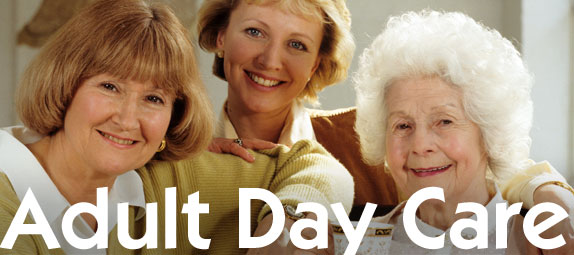The Secrets of Savvy Nursing Home Shoppers
by ElderCarelink
Once you have made the decision to place your parent or
loved one in a nursing home, it is time to find the right facility. We’ve all
heard horror stories of uncaring staff and unclean rooms, but you can avoid
making a mistake by following these insider tips.
First, compile a list of nursing homes in your loved one’s
area. You can find local nursing homes at ElderCareLink.com
Next, you need to go to www.medicare.gov/nursinghomecompare
to find the government quality ratings assigned to those homes.
Third, you need to create a short list of homes to tour.
While looking at the government site, here’s how to decipher
the quality ratings.
Health inspection: This list contains about 180 individual
sections, breaking down all major aspects of care in nursing homes. The Centers
for Medicaid & Medicare Services sends trained staff to every location to make
objective reports of facilities, and the reports are checked at the federal
level to ensure quality standards.
Staffing: In addition to the ratio of staff to residents,
this rating takes into account the need for and number of trained nurses on
staff. The CMS recommends asking about staff turnover and any qualifications
the staff might have beyond nursing certifications.
Quality measures: This is an in-depth look at how well
nursing homes perform on ten fairly common and very important aspects of senior
care such as how the staff helps residents dress themselves and how they treat
skin ulcers.
Using this three-step approach can help you find the best
nursing home that will provide a caring and home-like atmosphere for your loved
one. Get started now at ElderCarelink.com.









